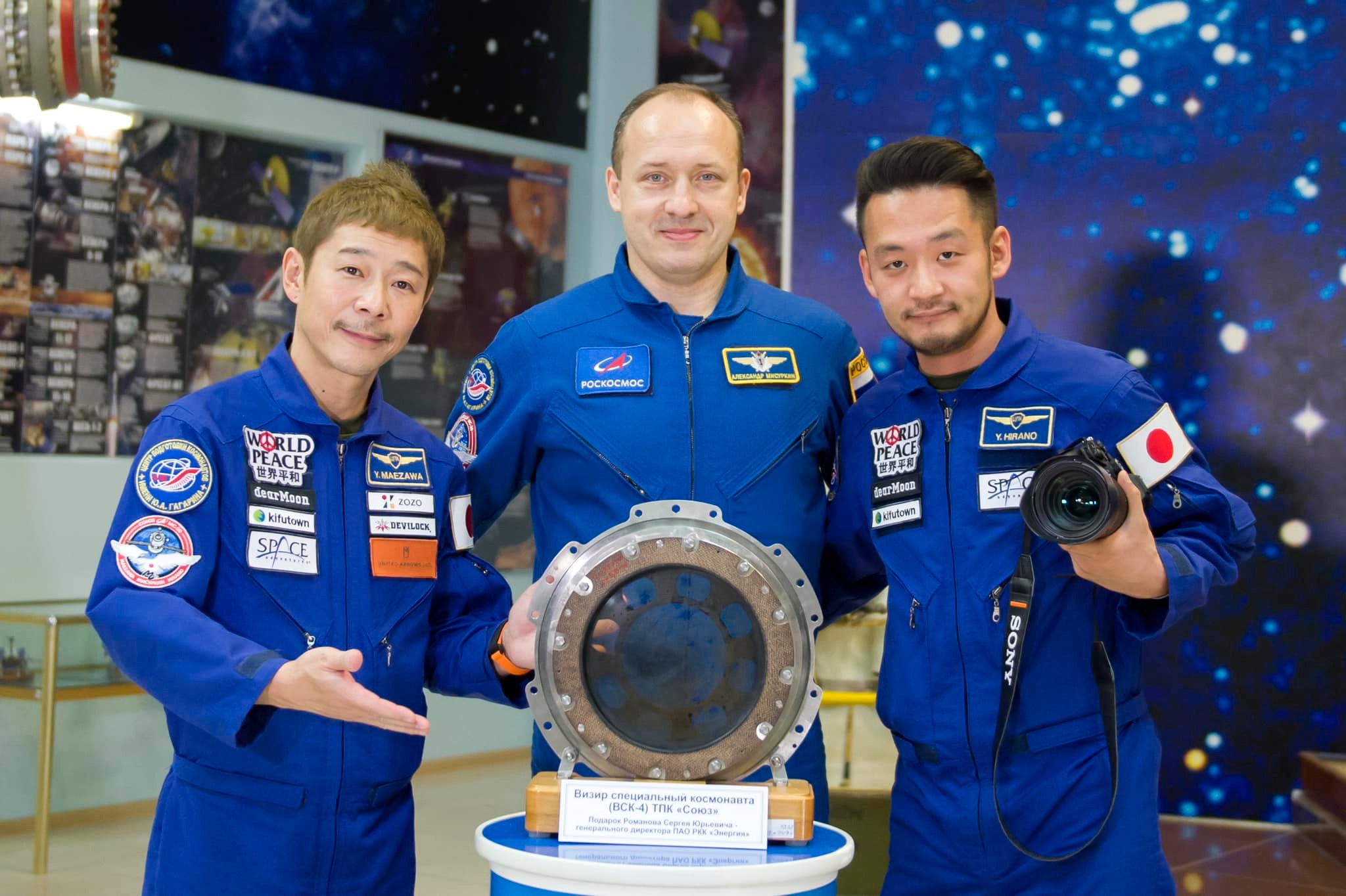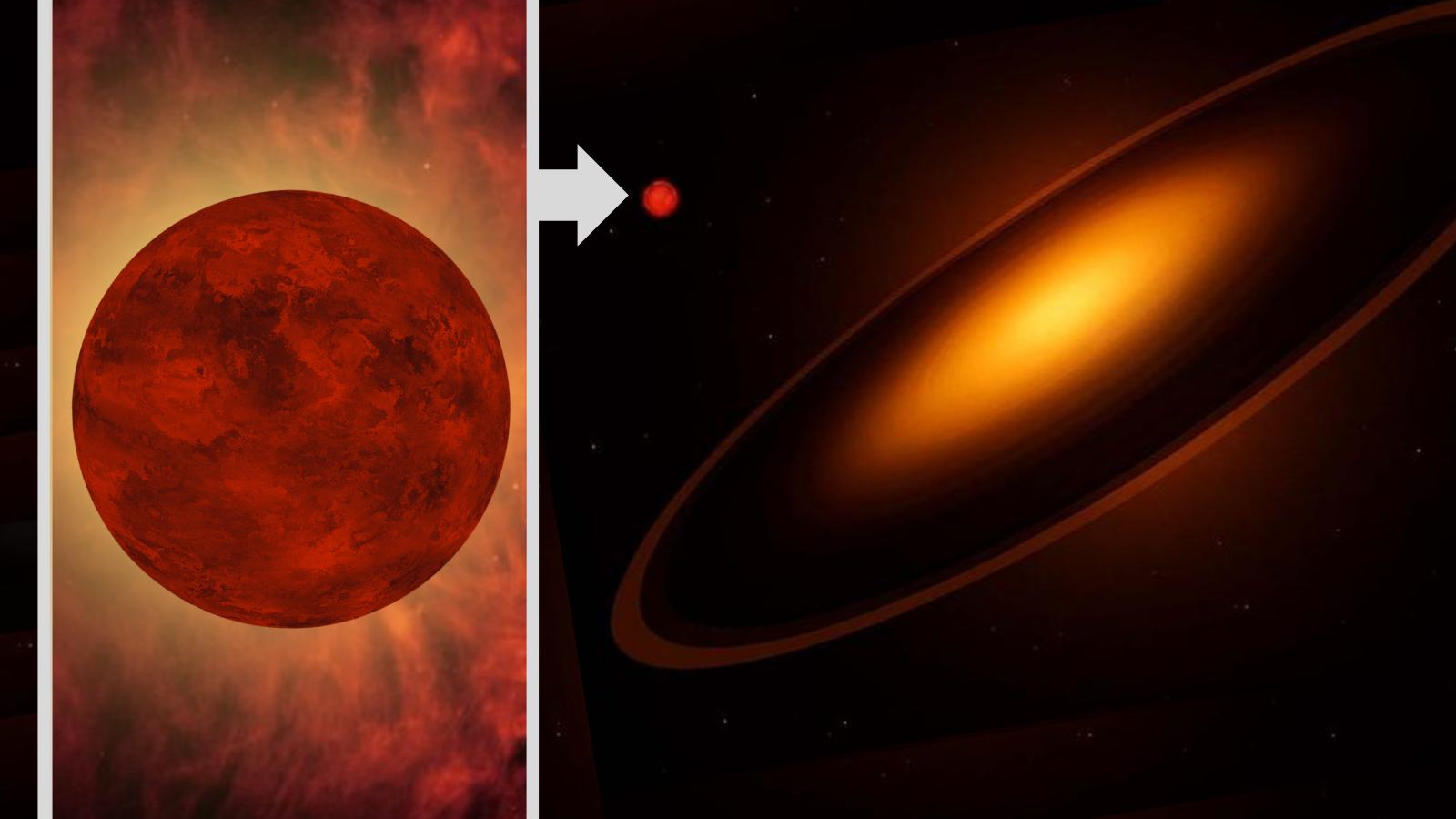Japanese space tourist will join human health research effort in orbit
There's always something more to learn about spaceflight's effects on the human body.

Breaking space news, the latest updates on rocket launches, skywatching events and more!
You are now subscribed
Your newsletter sign-up was successful
Want to add more newsletters?

Delivered daily
Daily Newsletter
Breaking space news, the latest updates on rocket launches, skywatching events and more!

Once a month
Watch This Space
Sign up to our monthly entertainment newsletter to keep up with all our coverage of the latest sci-fi and space movies, tv shows, games and books.

Once a week
Night Sky This Week
Discover this week's must-see night sky events, moon phases, and stunning astrophotos. Sign up for our skywatching newsletter and explore the universe with us!

Twice a month
Strange New Words
Space.com's Sci-Fi Reader's Club. Read a sci-fi short story every month and join a virtual community of fellow science fiction fans!
A space tourist plans to join a human health research effort during his 12 days in orbit.
The spaceflyer, Japanese video producer Yozo Hirano, announced the collaboration in a late November press release issued by the Translational Research Institute for Space Health (TRISH) at the Baylor College of Medicine.
Hirano's mission on a Russian Soyuz spacecraft is scheduled to launch at 2:38 a.m. EST (0738 GMT or 1:38 p.m. local time) on Wednesday (Dec. 8) from Baikonur Cosmodrome in Kazakhstan. On board will also be Japanese billionaire Yusaku Maezawa and Russian cosmonaut Alexander Misurkin of Roscosmos, the Russian federal space agency.
“I am excited to participate in this research as it will help scientists reduce health risks for future space explorers,” Hirano said in the release, which said the research will be especially valuable as it will collect information from a non-professional astronaut.
Photos: The first space tourists
Only a handful of space tourists have flown so far, but that number is expected to increase quickly through private missions to the space station, along with suborbital flights launched by Virgin Galactic, Jeff Bezos' Blue Origin and other companies.
An international team of researchers will gather a variety of data about Hirano before, during and after the upcoming ISS mission, which was organized by Virginia company Space Adventures. The scientists pledged to release anonymized data about the mission, along with the rest of the health information in the institute's database, through an open data repository. The goal of sharing this research will be to "to reduce health and performance risks that space explorers face," TRISH representatives stated in the press release.
Breaking space news, the latest updates on rocket launches, skywatching events and more!
This is the research that TRISH plans to conduct with Hirano, according to language from the institute provided in the release:
- "Collection of research-grade electrocardiogram (ECG) activity, movement, sleep, heart rate and rhythm and blood oxygen saturation.
- "Performance of a series of tests in the cognition testing battery designed to assess changes in behavioral and cognitive performance. The cognitive test battery is used by astronauts in NASA-funded behavioral health research studies and is administered with the Joggle Research app (Pulsar Informatics Inc.) on an Apple iPad.
- "Use of balance and perception tests pre-flight and post-flight to measure sensorimotor adaptation during changes of gravity. These tests are currently performed by U.S. astronauts before and after spaceflight.
- "Use of PlenOptika’s portable auto-refractor QuickSee device pre-flight and post-flight to collect relevant vision data pertaining to sight, yielding a high-value data set for future vision research in space."
Follow Elizabeth Howell on Twitter @howellspace. Follow us on Twitter @Spacedotcom or on Facebook.

Elizabeth Howell (she/her), Ph.D., was a staff writer in the spaceflight channel between 2022 and 2024 specializing in Canadian space news. She was contributing writer for Space.com for 10 years from 2012 to 2024. Elizabeth's reporting includes multiple exclusives with the White House, leading world coverage about a lost-and-found space tomato on the International Space Station, witnessing five human spaceflight launches on two continents, flying parabolic, working inside a spacesuit, and participating in a simulated Mars mission. Her latest book, "Why Am I Taller?" (ECW Press, 2022) is co-written with astronaut Dave Williams.
